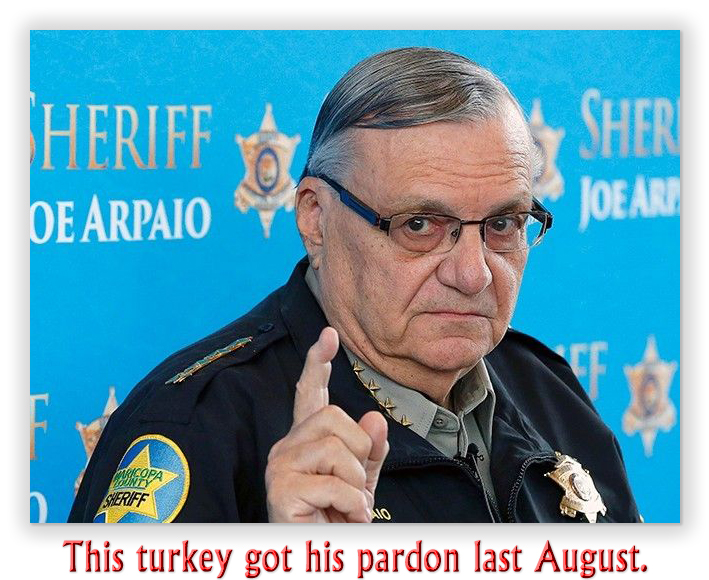We post news and comment on federal criminal justice issues, focused primarily on trial and post-conviction matters, legislative initiatives, and sentencing issues.

SENATE POISED TO CONSIDER AMENDED FIRST STEP ACT
Criminal justice reform advocates confirmed to the Washington Examiner last week that sentencing reform provisions will be included in the FIRST STEP Act (S.2795), to be unveiled shortly after tomorrow’s mid-term elections, amendments which are likely to trigger an intense lame-duck struggle over attaching penalty reductions to a White House-backed prison reform bill.
 The FIRST STEP Act passed the House in a 360-59 vote earlier this year, but without sentencing reforms. Reform advocates expect rapid legislative action after a pre-election pause, and believe there will be enough votes to pass the expanded legislative package. Two people close to the process told the Washington Examiner that a bipartisan group of senators has agreed to attach a set of sentencing reforms to the House-passed bill.
The FIRST STEP Act passed the House in a 360-59 vote earlier this year, but without sentencing reforms. Reform advocates expect rapid legislative action after a pre-election pause, and believe there will be enough votes to pass the expanded legislative package. Two people close to the process told the Washington Examiner that a bipartisan group of senators has agreed to attach a set of sentencing reforms to the House-passed bill.
The additions include shortening federal three-strike drug penalties from life in prison to 25 years, reducing two-strike drug penalties from 20 years to 15, unstacking 18 USC 924(c) sentencing enhancements to require a conviction on the first 924(c) charge before 25-year minimum mandatory sentences apply, making the 2010 Fair Sentencing Act (that cut crack penalties) retroactive, and expanding the 18 USC 3553(f) “safety valve.”
“We are very excited about it. We think that the four reforms that are in the bill are ones that make sense,” said Mark Holden, the general counsel of Koch Industries and an influential conservative reform advocate. “From what we understand, there are enough votes — plenty — for it to happen.”
Both Holden and another person close to the legislation drafting process, who asked not to be identified, said there is wording to reduce concern about illegal immigrants benefiting from sentencing reform.
 Many of the proposed changes to the FIRST STEP Act are included in the Sentencing Reform and Corrections Act (S.1917), which passed the Senate Judiciary Committee last February but has not been brought to the floor for a vote. While the physical text of the new sentencing reforms is still being written, the SRCA provides a good example of what might be in the final bill text. “The sentencing reforms that could be included in the First Step Act… do not eliminate any mandatory minimum sentences,” wrote FreedomWorks vice president Jason Pye in The Hill last week. “But these proposed reforms would apply a measure of common sense to federal sentencing law.”
Many of the proposed changes to the FIRST STEP Act are included in the Sentencing Reform and Corrections Act (S.1917), which passed the Senate Judiciary Committee last February but has not been brought to the floor for a vote. While the physical text of the new sentencing reforms is still being written, the SRCA provides a good example of what might be in the final bill text. “The sentencing reforms that could be included in the First Step Act… do not eliminate any mandatory minimum sentences,” wrote FreedomWorks vice president Jason Pye in The Hill last week. “But these proposed reforms would apply a measure of common sense to federal sentencing law.”
Holden said he expects the White House, particularly presidential adviser and son-in-law Jared Kushner, to forcefully back the bill. Last month, President Trump said in a Fox News interview that while Attorney General Jefferson Beauregard Sessions III opposed sentencing reform, Trump was in favor. “”If he doesn’t support reform, then he gets overruled by me,” the President said. “Because I make the decision, he doesn’t,” Trump said Oct. 11.
“I think President Trump is doing a really good job on these sentencing reform measures,” Holden said. “He’s right, he’s the president, he makes the call, and we’re glad he said it.”
 It’s unclear how a group of Republican skeptics, such as Sen. Tom Cotton of Arkansas, will react. Senate Majority Leader Mitch McConnell (R-Kentucky), will be the ultimate decision-maker in whether the bill gets a floor vote. A Louisville Courier-Journal writer said last week that with prison and sentencing reforms polling off the charts in Kentucky, and Sen. Rand Paul (R-Kentucky) leading the charge, there is little doubt McConnell will find enough votes during the promised whip count (he needs 60) to send the bill to the floor.
It’s unclear how a group of Republican skeptics, such as Sen. Tom Cotton of Arkansas, will react. Senate Majority Leader Mitch McConnell (R-Kentucky), will be the ultimate decision-maker in whether the bill gets a floor vote. A Louisville Courier-Journal writer said last week that with prison and sentencing reforms polling off the charts in Kentucky, and Sen. Rand Paul (R-Kentucky) leading the charge, there is little doubt McConnell will find enough votes during the promised whip count (he needs 60) to send the bill to the floor.
The reform efforts have received significant White House support, and in turn, policy advocates have sought to build bridges with Trump-supporting activists. Last month, clemency advocates including Amy Povah of CAN-DO Clemency and Alveda King, the anti-abortion evangelical leader, hosted a panel at a Women for Trump event at Trump International Hotel in Washington.
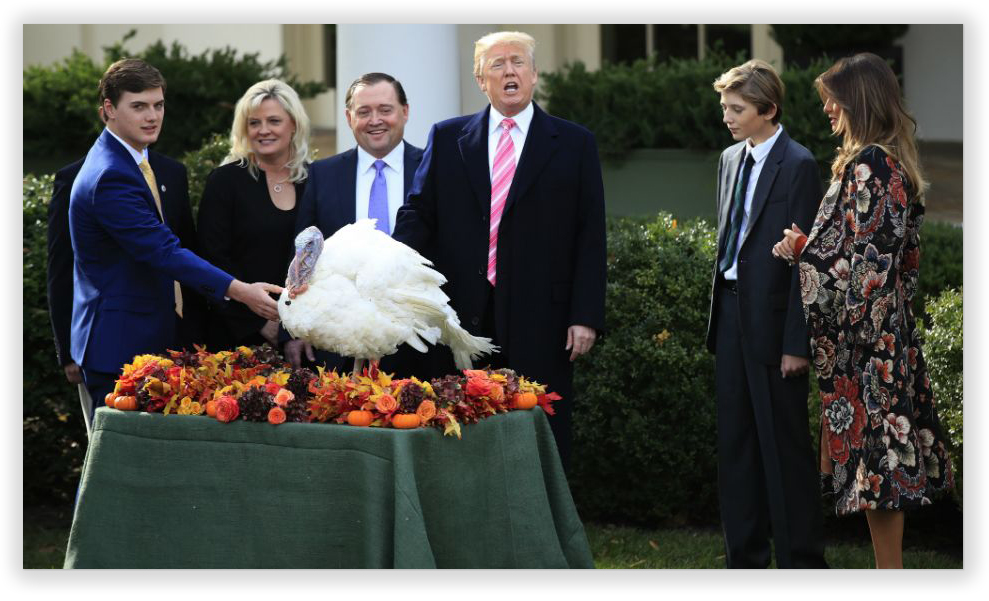 Povah wants Trump to supplement FIRST STEP passage with generous use of his constitutional pardon powers. Last month, Trump said “a lot of people” are jailed for years for “no reason” and that he was actively looking to release some. Povah said clemency would be particularly appreciated around the holiday, including Thanksgiving, when presidents pardon turkeys, disillusioning people who are looking for one.
Povah wants Trump to supplement FIRST STEP passage with generous use of his constitutional pardon powers. Last month, Trump said “a lot of people” are jailed for years for “no reason” and that he was actively looking to release some. Povah said clemency would be particularly appreciated around the holiday, including Thanksgiving, when presidents pardon turkeys, disillusioning people who are looking for one.
“I think Trump said it best, he said that he’s going to release a lot of people and I think a lot of people in prison took that seriously and literally,” Povah said.
Povah said she’s particularly grateful for Kushner’s role in pushing both legislation and clemency cases, particularly after Sessions’ appointment as attorney general (an appointment Trump openly regrets making and who is likely to resign or be fired after tomorrow’s election). “Jared is a beacon of hope for so many prisoners. They had lost hope for any leniency or reform when Jeff Sessions was sworn in as attorney general. If felt like a nail in the coffin,” she said.
Washington Examiner, Prison reform bill to include sentencing, setting up post-election fight (Nov. 4, 2018)
Americans for Tax Relief, The US Needs Sentencing Reform and the First Step Act (Nov. 2, 2018)
Louisville Courier Journal, Rand Paul and Mitch McConnell play key roles in justice reform (Nov. 1, 2018)
The Hill, Congress must make sentencing reform priority for public safety (Nov. 2)
– Thomas L. Root


 Focus on the First Step Act over the past six months has left President Trump’s push to reform clemency in the dark. Last week, however, The Atlantic published a proposal written by three prominent clemency advocates to revamp the process.
Focus on the First Step Act over the past six months has left President Trump’s push to reform clemency in the dark. Last week, however, The Atlantic published a proposal written by three prominent clemency advocates to revamp the process. The authors suggest that the President create a similar board of bipartisan clemency advisers who would work with a professional staff to identify cases for White House action. In 1975, President Gerald Ford impaneled an 18-member clemency board to help him with pardon requests from applicants charged with crimes related to avoiding the draft during the Vietnam War. That board was diverse and bipartisan, and ultimately recommended more than 13,000 pardons.
The authors suggest that the President create a similar board of bipartisan clemency advisers who would work with a professional staff to identify cases for White House action. In 1975, President Gerald Ford impaneled an 18-member clemency board to help him with pardon requests from applicants charged with crimes related to avoiding the draft during the Vietnam War. That board was diverse and bipartisan, and ultimately recommended more than 13,000 pardons.

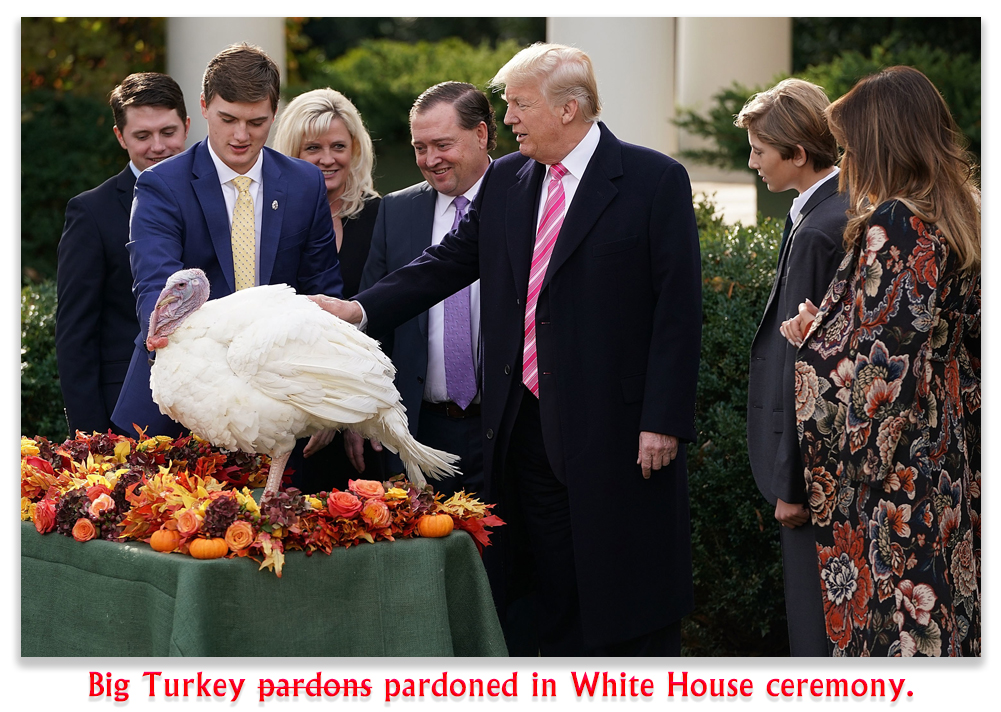






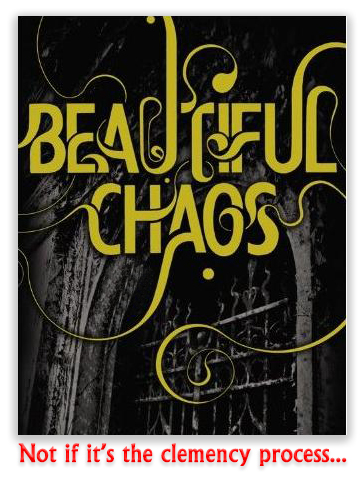


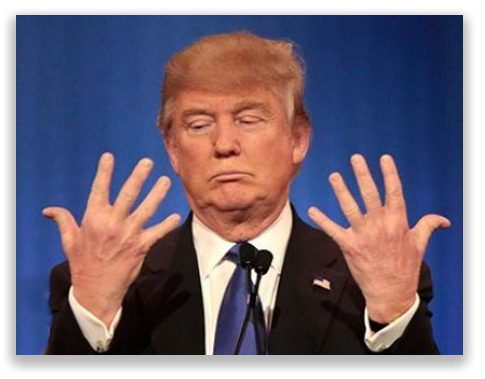



 Berman wrote, “It is now been nearly a month since Prez Donald Trump commuted the life sentence of Alice Johnson at the behest of Kim Kardashian West. Immediately thereafter, there were reports of “a growing list of potential pardons or commutations under consideration by President Donald Trump” and Prez Trump himself said: “We have 3,000 names. We’re looking at them. Of the 3,000 names, many of those names have been treated unfairly.” A week later it was reported Prez Trump will be “pardoning a lot of people — pardons that even Obama wouldn’t do” and reported that Mrs. West had “assembled a large legal team and was pursuing clemency for several other nonviolent offenders.”
Berman wrote, “It is now been nearly a month since Prez Donald Trump commuted the life sentence of Alice Johnson at the behest of Kim Kardashian West. Immediately thereafter, there were reports of “a growing list of potential pardons or commutations under consideration by President Donald Trump” and Prez Trump himself said: “We have 3,000 names. We’re looking at them. Of the 3,000 names, many of those names have been treated unfairly.” A week later it was reported Prez Trump will be “pardoning a lot of people — pardons that even Obama wouldn’t do” and reported that Mrs. West had “assembled a large legal team and was pursuing clemency for several other nonviolent offenders.” 




